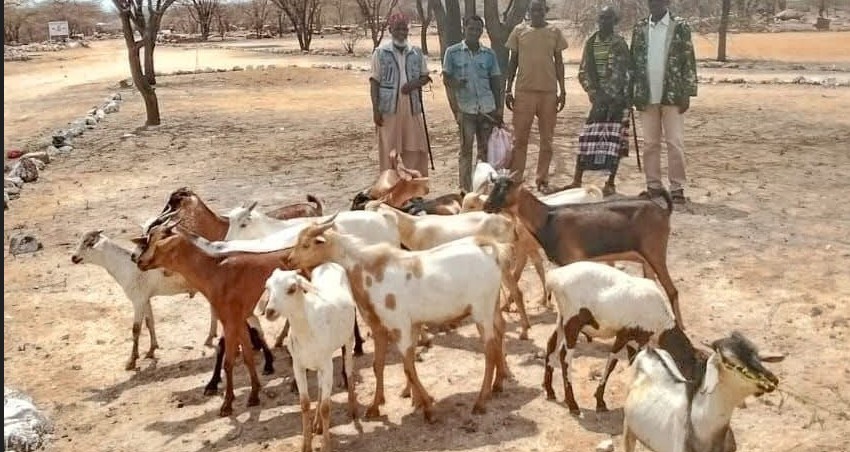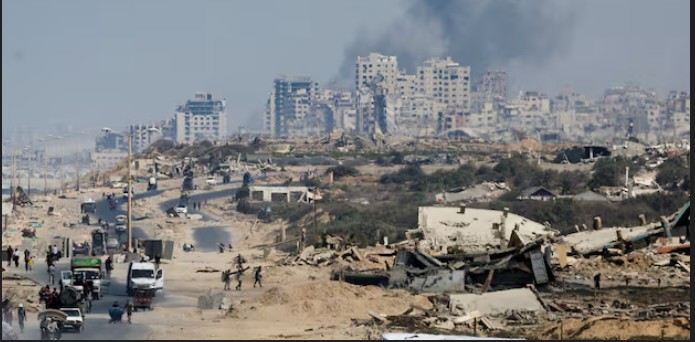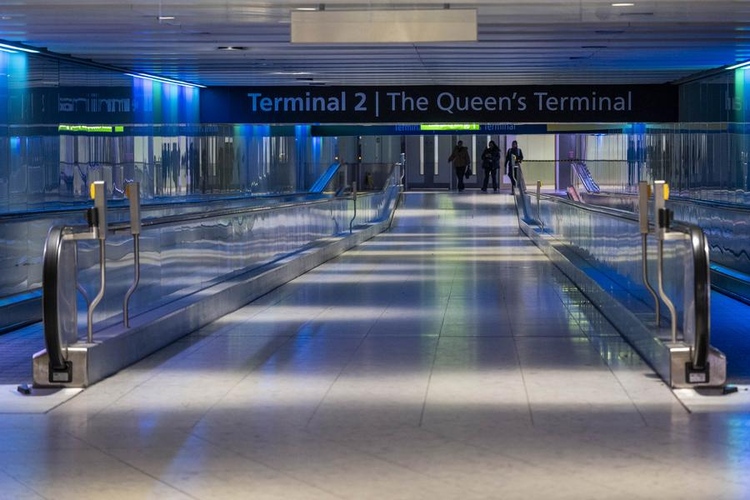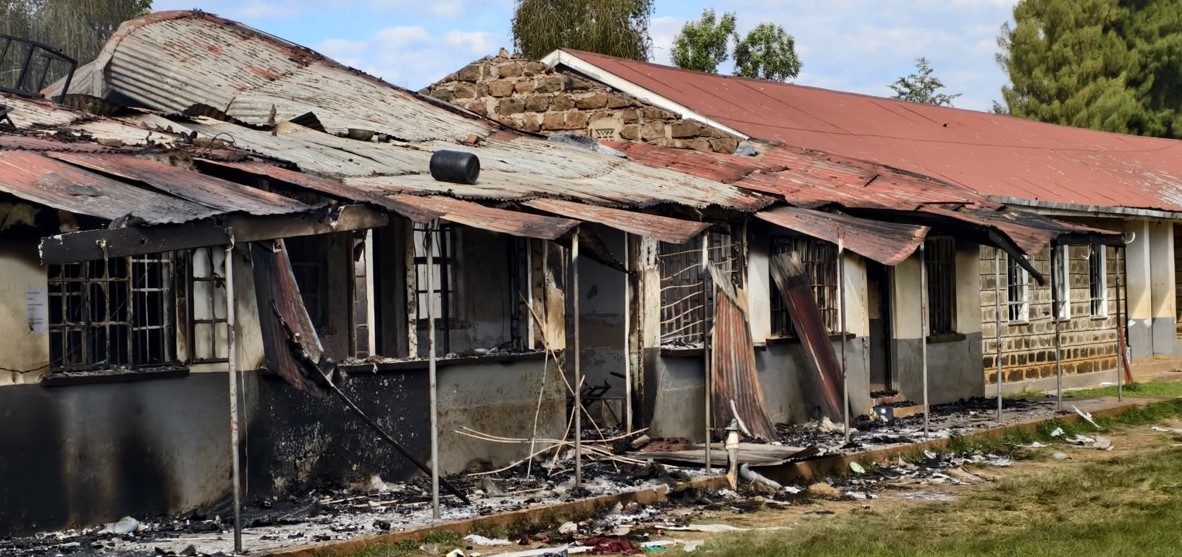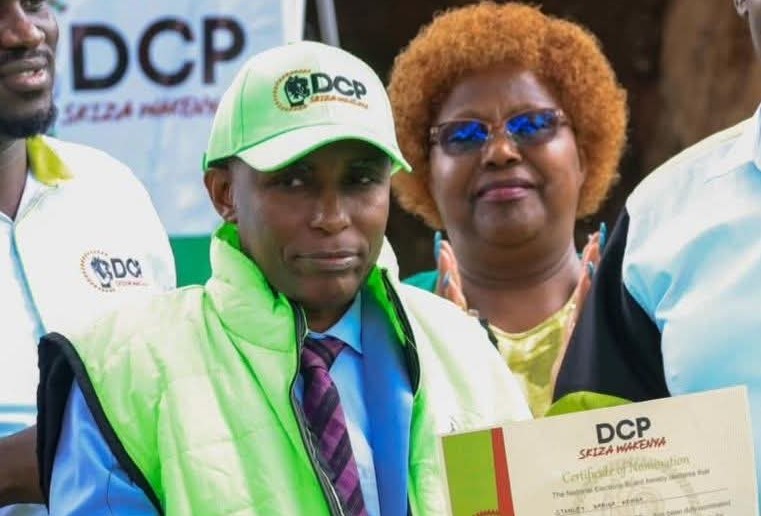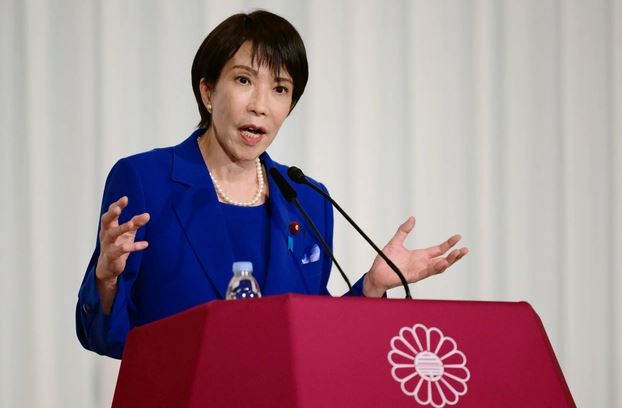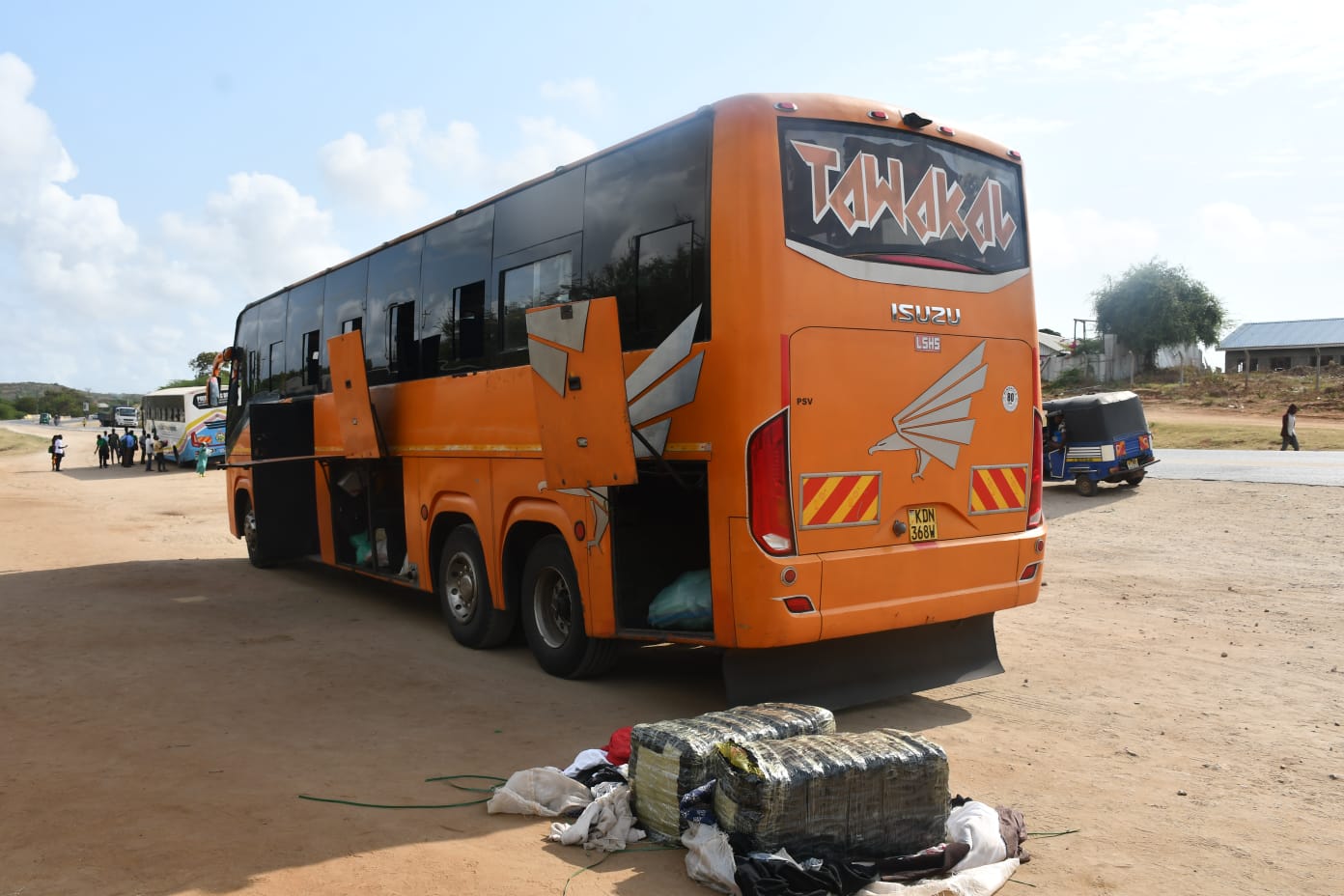Drug shortage fears mount as distributors push for reinstatement of 21,000 blocked medicines
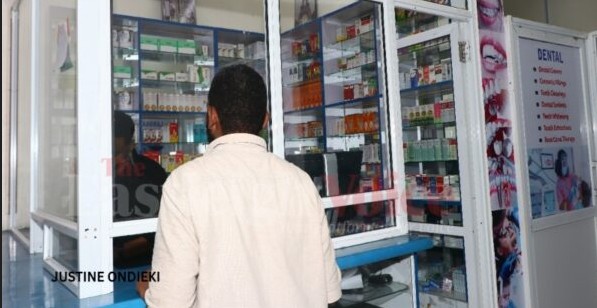
KPDA cautioned that the shortages could drive medicine prices up by as much as 50 per cent, worsening the strain on households already facing high healthcare costs.
The Kenya Pharmaceutical Distributors Association (KPDA) has urged the government to immediately reinstate more than 21,000 medicines recently blocked from importation, warning that the decision could spark a nationwide health crisis.
More To Read
- Pharmacy and Poisons Board assures paracetamol use during pregnancy safe
- Uganda proposes Bill to regulate medicines, supplements and cosmetics
- Between belief and medicine: How traditional remedies shape healthcare choices in Kenya
- Botswana declares national public health emergency as medicines run out
- Pharmacy board warns Kenyans against off-label use of Ozempic for weight loss
- Senators order crackdown on absenteeism in public hospitals
In a statement seen by The Eastleigh Voice, KPDA said the disruption followed changes made by the Pharmacy and Poisons Board (PPB) to its medicines importation system as part of efforts to meet World Health Organisation (WHO) audit standards.
"The Pharmacy and Poisons Board (PPB), in the course of preparing for a World Health Organisation (WHO) audit aimed at elevating Kenya's regulatory authority to Maturity Level 3 status, reconfigured its medicines importation portal," the KPDA statement, signed by its chair, Dr Kamamia wa Murichu, reads.
"By altering the medicines importation portal midway, the PPB has disrupted those timelines, raising serious concerns about governance, transparency, and coordination with stakeholders.
Essential drugs blocked
According to KPDA, although the changes were intended to improve regulatory oversight, they have instead blocked thousands of essential drugs from entering the country — a worrying situation for a nation that imports about 80 per cent of its medicines.
"While reforms were intended to improve oversight, the outcome has been catastrophic: over 21,000 essential medicines have been blocked from importation," KPDA said.
The association warned that national stocks of critical drugs — including antibiotics, cancer treatments, insulin, antimalarials, HIV medication, and blood pressure drugs — could run dangerously low within two weeks.
KPDA further cautioned that the shortages could drive medicine prices up by as much as 50 per cent, worsening the strain on households already facing high healthcare costs.
"Shortages will increase retail prices by 30–50 per cent. Diabetes treatment costs (currently Sh4,000–6,000/month) could rise to Sh8,000–9,000/month," said KPDA.
"Hypertension drugs (Sh1,500–2,500/month) may rise to Sh3,000–4,000/month. Out-of-pocket expenditure, already at 26 per cent of total health spending, threatens to push thousands of households below the poverty line."
KPDA also warned that more than 12,000 pharmacies and 6,000 health facilities risk closure or reduced operations due to the supply disruptions — a move that could eliminate thousands of jobs and derail Kenya’s progress toward Universal Health Coverage (UHC).
"The pharmaceutical sector employs 20,000 people directly and supports many more through supply chains. Medicine shortages will force Kenyans to seek alternatives abroad, increasing medical tourism outflows (already estimated at Sh10 billion annually)," said KPDA.
The association called on the PPB to urgently restore access to the blocked medicines and appealed to President William Ruto, the Ministry of Health, and Parliament to intervene and safeguard Kenyans’ constitutional right to health.
"PPB (should) immediately restore access to the 21,000 blocked medicines. The Ministry of Health and Parliament (should) provide urgent oversight, legislative intervention, and ensure Kenyans' constitutional right to health is upheld," the Association said.
"Failure to act will plunge Kenya into a preventable public health catastrophe, threatening the lives of millions, destabilising the healthcare system, and burdening an already fragile economy."
Top Stories Today

